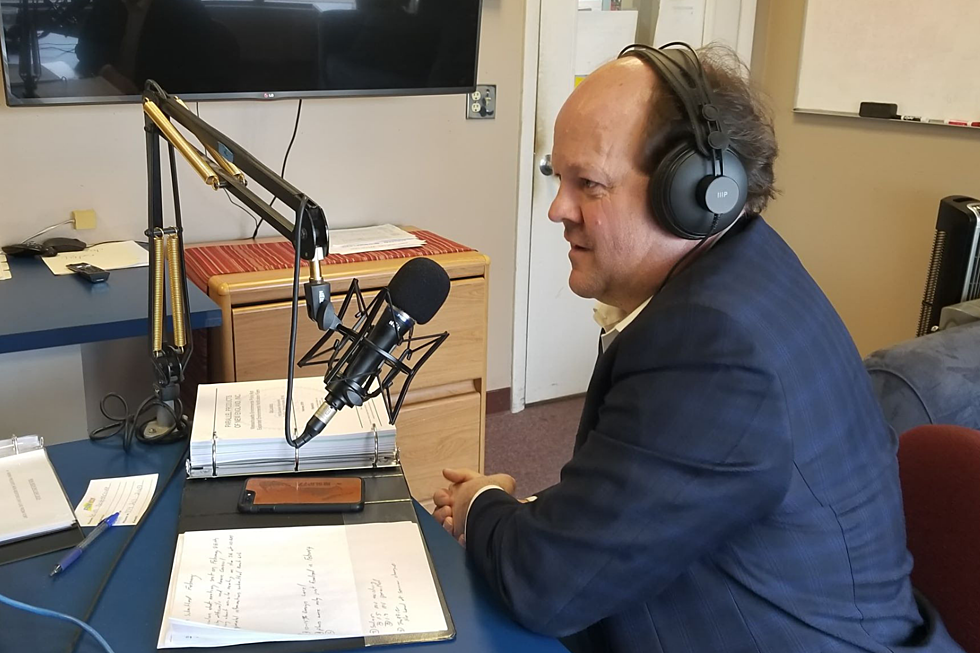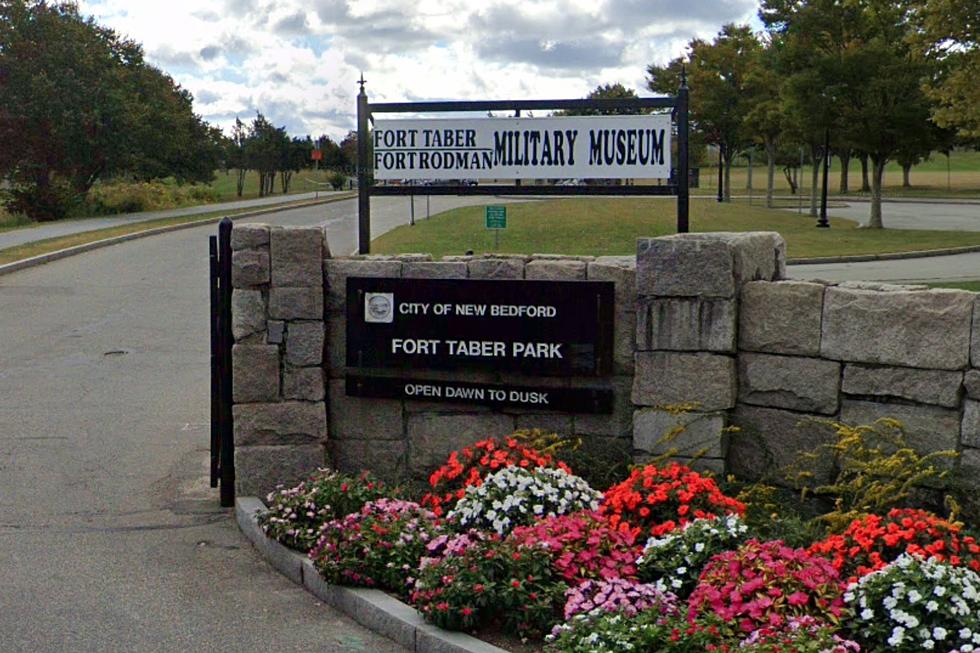
State OKs Draft Environmental Report for Parallel Products in New Bedford
A recycling firm that proposes to build a large, multi-use transfer station in the far north end of New Bedford announced Tuesday that it had cleared a significant hurdle.
State regulators on Jan. 30 approved a Draft Environmental Impact Report for Parallel Products of New England, certifying that the firm had "adequately and properly" met the requirements of MEPA, or the Massachusetts Environmental Policy Act.
While the certificate does not represent final state approval, it does deliver a vote of confidence from Kathleen Theoharides, Gov. Charlie Baker's secretary of energy and environmental affairs. Parallel Products is now free to pursue its Final Environmental Impact Report. It also must gain other permits - most significantly, a site suitability approval from MassDEP and a site assignment signed by the New Bedford Board of Health.
The preliminary approval comes as the state seeks new solutions for managing its solid waste and recycling. In-state landfill space is dwindling, multiple waste bans are in place, and Massachusetts has committed to a "zero waste" ethos.
Theoharides in fact wrote within the certificate that Phase I of the project, which involves glass recycling, "was proposed to meet an immediate regional need for glass processing in the region by providing an alternative market for glass that would otherwise be discarded."
However, any progress by Parallel Products spells disappointment for neighbors who have long opposed the facility. Last month Mayor Jon Mitchell wrote to Theoharides, asking her to reject the project. Among other things, Mitchell noted that the site is over a potentially productive aquifer, and expressed concerns about protecting groundwater from PFAS and other toxic chemicals.
The project would recycle or process plastic and glass, municipal solid waste, construction and demolition debris, and biosolids -- in other words, human waste -- at a 71-acre site at the New Bedford Industrial Park at 100 Duchaine Boulevard.
While Parallel already processes glass at the site, a major Phase I expansion is envisioned. A 27,500 square-foot building for "crushing, sizing, and sorting" the glass by color has been built, but is not yet operational. The crushed glass would be stored in bunkers and transported by rail or trucks for shipment to bottle manufacturers. Phase I has received a $500,000 grant from the state to help build a freight rail spur.
Phase II involves more controversial operations. Large buildings and truck scales would be constructed to tip, sort and process ordinary trash and construction waste. The buildings would have several 70-foot-tall exhaust stacks. The biosolids building would accept sewage waste from wastewater treatment plants around the region. Around 52,000 gallons of water per day would be extracted from the sewage waste "to reduce the volume and tonnage of the material prior to offsite disposal." The biosolids building would have two 40-foot exhaust stacks.
Outbound materials would be primarily by rail, and much of the inbound shipping would be done via trucks. Neighbors have expressed concern about traffic, noise, and odors.
Parallel Products vice president Tim Cusson said Tuesday that the company promises to be a good neighbor while working to help the state meet its "zero waste" goals. He said that currently, Parallel Products recycles 70 percent of the glass and plastics collected under the Massachusetts bottle bill.
“Over the last year, we have worked with engineers, environmental scientists, and state regulators to conduct extensive studies so our facility will meet and exceed all state, federal, and local regulations in preparation to submit our Final Environmental Impact Report,” said Cusson in a statement. “We will continue to work diligently with our experts to address any potential issues as they arise, including regulation of poly-fluoroalkyl substances (PFAS), as we aim to provide a facility that allows New Bedford and Massachusetts to take step towards zero waste.”
"This project would pose risks to the health of nearby residents and undermine the quality of life in the neighborhood," said Mitchell last month.
On Wednesday, New Bedford City Solicitor Mikaela McDermott emphasized that the MEPA certificate does not give Parallel a green light, and said the city will fight the project.
“The City disagrees with the state decision to certify the Draft Environmental Impact Report (DEIR). That said, MEPA has now recognized that the explanations offered by Parallel Products have been insufficient across many areas of concern identified by the City’s legal team," said McDermott. "The language of the MEPA decision effectively confirms that Parallel Products has failed to adequately address the threat of PFAS contamination in the wastewater system, impacts to wetlands, traffic, air quality, noise, and environmental justice. The City will continue to vigorously oppose the project on the grounds that these problems are insurmountable, and as such, approval of the project’s Final Environmental Impact Report should not be granted.”
The site, previously developed by Polaroid Corporation, was purchased by Parallel Products in 2016.

More From WBSM-AM/AM 1420









